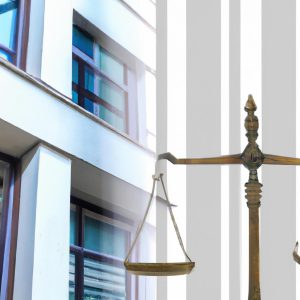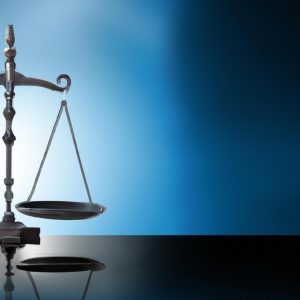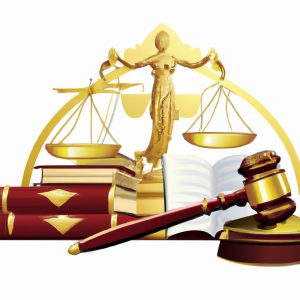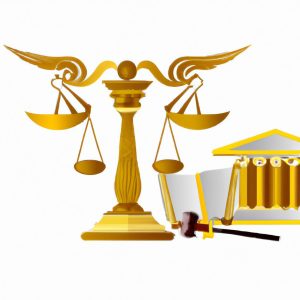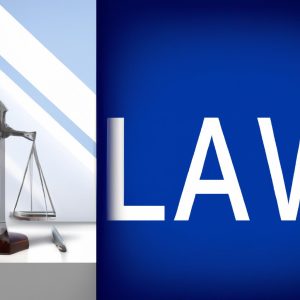In the intricate web of estate planning, meticulous attention to detail is paramount to ensuring the seamless transfer of assets to future generations. However, not all assets fall within the confines of an estate, raising questions about their treatment upon one’s passing. As experienced legal professionals at Morgan Legal Group in New York City, we delve into the nuances of what assets are considered exempt from the estate, shedding light on the complexities of this often overlooked aspect of planning for the future.
Assets Excluded from Probate
are those that pass outside of the probate process. These assets are not considered part of an individual’s estate and therefore do not go through the probate court. This can help simplify the probate process and ensure that certain assets are transferred to beneficiaries smoothly and efficiently.
Some common examples of include:
- Jointly held property: Property owned jointly with rights of survivorship automatically passes to the surviving co-owner.
- Retirement accounts: Assets held in retirement accounts such as IRAs and 401(k)s typically pass directly to the named beneficiary.
- Life insurance proceeds: Life insurance policies pay out directly to the named beneficiary.

Understanding Trust Assets
Trust assets refer to the property and financial accounts that are held within a trust. These assets are managed by a trustee for the benefit of the trust’s beneficiaries. When it comes to estate planning, it is important to understand which assets are not considered part of an estate, as they are held separately in a trust.
Assets that are held in a trust are not considered part of an individual’s estate because they are owned by the trust itself. These assets are not subject to probate and are distributed according to the terms outlined in the trust document. Some common types of assets that are not part of an estate include:
- Real estate
- Investment accounts
- Life insurance policies

Unique Considerations for Retirement Accounts
What assets are not considered part of an estate?
When it comes to retirement accounts, there are unique considerations to keep in mind regarding what assets are not considered part of an estate. Understanding these distinctions is essential for proper estate planning and asset protection. In general, retirement accounts such as 401(k)s, IRAs, and Roth IRAs are not considered part of an individual’s estate because they have designated beneficiaries. This means that these assets bypass the probate process and go directly to the named beneficiaries upon the account holder’s passing. It’s crucial to review and update beneficiary designations regularly to ensure that your retirement accounts align with your estate planning goals.
Other assets that may not be considered part of an estate include life insurance policies with designated beneficiaries, payable-on-death bank accounts, and assets held in a living trust. These assets also pass outside of probate and go directly to the named beneficiaries or successor trustees. By strategically utilizing these non-probate assets in conjunction with your estate plan, you can maximize the efficiency of asset distribution and minimize potential tax liabilities. Consultation with an experienced estate planning attorney can help you navigate the complexities of retirement accounts and ensure that your assets are protected according to your wishes.

Exceptions to Inheritance Laws
When it comes to inheritance laws, there are certain assets that are not considered part of an estate and therefore do not pass through the probate process. These can vary depending on the state in which the deceased individual resided. Some common examples of assets that are not considered part of an estate include:
- Joint Tenancy Property: Property that is held in joint tenancy with rights of survivorship automatically passes to the surviving joint tenant and does not become part of the deceased individual’s estate.
- Life Insurance Policies: Proceeds from life insurance policies typically go directly to the named beneficiary and are not subject to probate.
- Retirement Accounts: Assets held in retirement accounts, such as 401(k) plans and IRAs, pass to the designated beneficiaries outside of the probate process.
It is important to review your assets and estate plan with an experienced estate planning attorney to ensure that your wishes are carried out and that your loved ones are provided for in the most efficient manner possible. By understanding the , you can better plan for the distribution of your assets and avoid unnecessary complications for your heirs.
Q&A
Q: What assets are not considered part of an estate?
A: There are several types of assets that are typically not included in an individual’s estate upon their passing.
Q: Can you give some examples of assets that are excluded from an estate?
A: Sure! Some common assets that are not considered part of an estate include life insurance policies, retirement accounts, and assets held in a living trust.
Q: Why are these assets not considered part of an estate?
A: These assets are typically designated to pass directly to a beneficiary upon the individual’s death, rather than being distributed through the probate process. This allows for a more streamlined transfer of assets and can help avoid delays and potential complications.
Q: Are there any other types of assets that are not part of an estate?
A: Yes, assets held jointly with rights of survivorship, payable-on-death accounts, and assets held in certain types of trusts may also bypass probate and not be considered part of an individual’s estate.
Q: Are there any potential downsides to excluding assets from an estate?
A: While there can be benefits to avoiding probate, it’s important to carefully consider the implications of excluding assets from an estate, as it could impact the overall distribution of assets and potentially complicate the settling of an individual’s affairs. It’s always advisable to consult with a legal or financial professional to ensure that your estate planning strategies align with your goals and wishes.
In Conclusion
As we close this article exploring what assets are not considered part of an estate, it’s important to remember that estate planning is a complex and multifaceted process. By understanding which assets fall outside of your estate, you can ensure that your loved ones are taken care of according to your wishes. Whether it’s through trusts, joint ownership, or other strategies, there are various ways to protect your assets and provide for your heirs. Keep in mind that consulting with a qualified estate planning professional can help you navigate the intricacies of estate planning and ensure that your legacy is preserved for generations to come.


